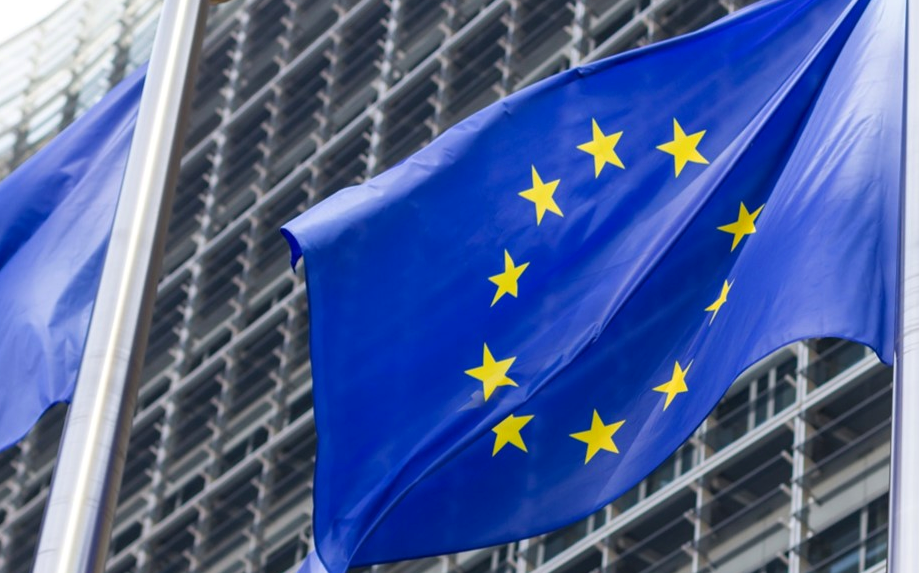Trade decision is bad for EU’s ethanol industry, farmers – and climate ambitions
Europe’s renewable ethanol producers are already under pressure from misguided biofuel and agricultural policy decisions; now is not the time to subject them to unfair trade practices
The EU’s decision to repeal anti-dumping duties on fuel ethanol imports originating in the United States risks having serious consequences for the entire value chain of the European renewable ethanol industry – which accounts for 55,000 direct and indirect jobs in the EU. It would also affect EU climate ambitions by favouring U.S. ethanol – which is more carbon-intensive than European ethanol.
The decision comes at a time when other key U.S. export markets, including Brazil, China, Peru and Colombia, have introduced or are considering measures to protect themselves from unfair U.S. ethanol exports. This increases the risk that U.S. exporters divert exports previously targeting these countries to the EU. Europe’s renewable ethanol producers are already under pressure from misguided biofuel and agricultural policy decisions; now is not the time to subject them to unfair trade practices.
The negative impact of a surge in U.S. fuel ethanol exports to the EU would be felt not only by the European renewable ethanol industry, but also by European agriculture. It would deal another blow to European farmers at a time when the EU is proposing to drastically cut the budget and support for the sector under the Common Agricultural Policy. The U.S. has in parallel increased its support for the agricultural sector through the updated five-year Farm Bill that enhances the commodity programmes and crop insurance tools for U.S. farmers.
“Europe’s ethanol industry has an important role to play in the urgent effort to decarbonise EU transport,” said Emmanuel Desplechin, Secretary-General of ePURE. “The EU’s 2050 climate goals require a massive uptake of conventional and advanced biofuels. To achieve them, policymakers must do a better job of creating an environment in which Europe’s ethanol industry can compete on a level playing field and valorise domestic biomass into food and non-food uses.”
